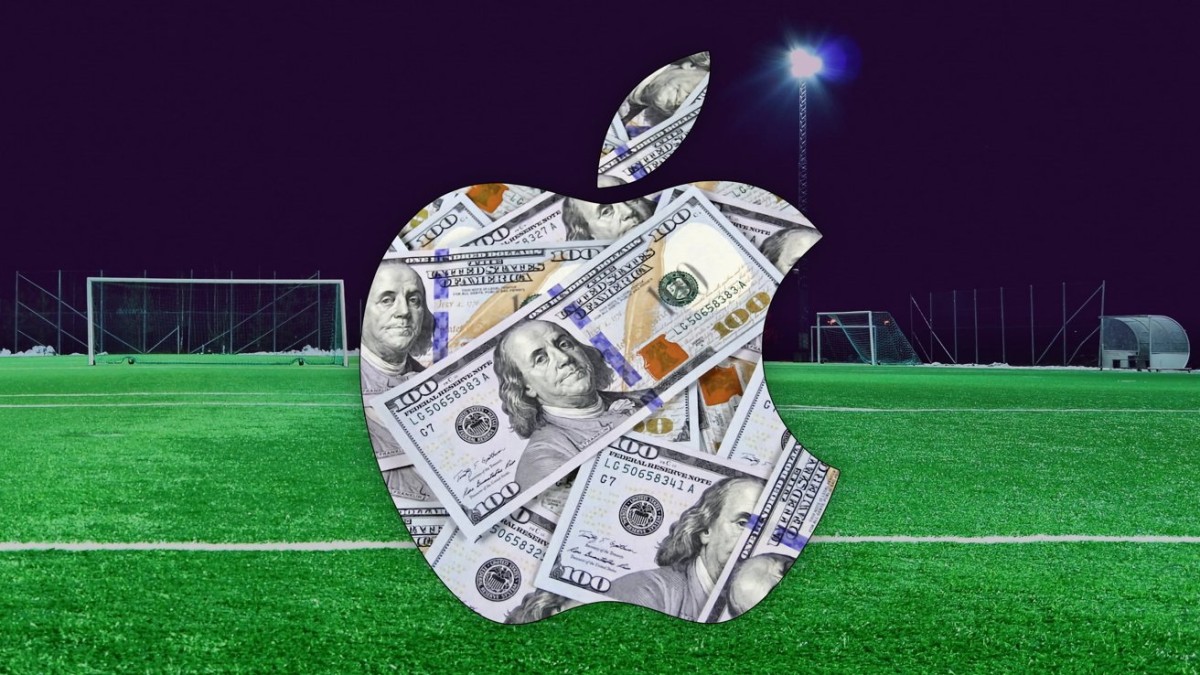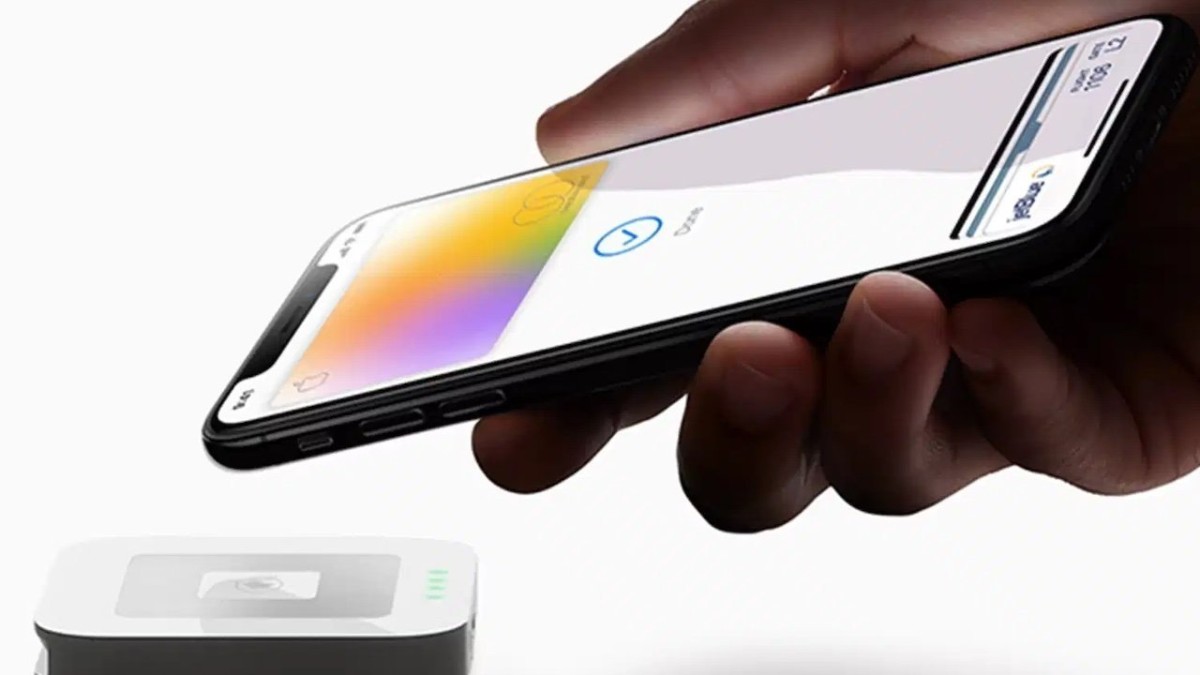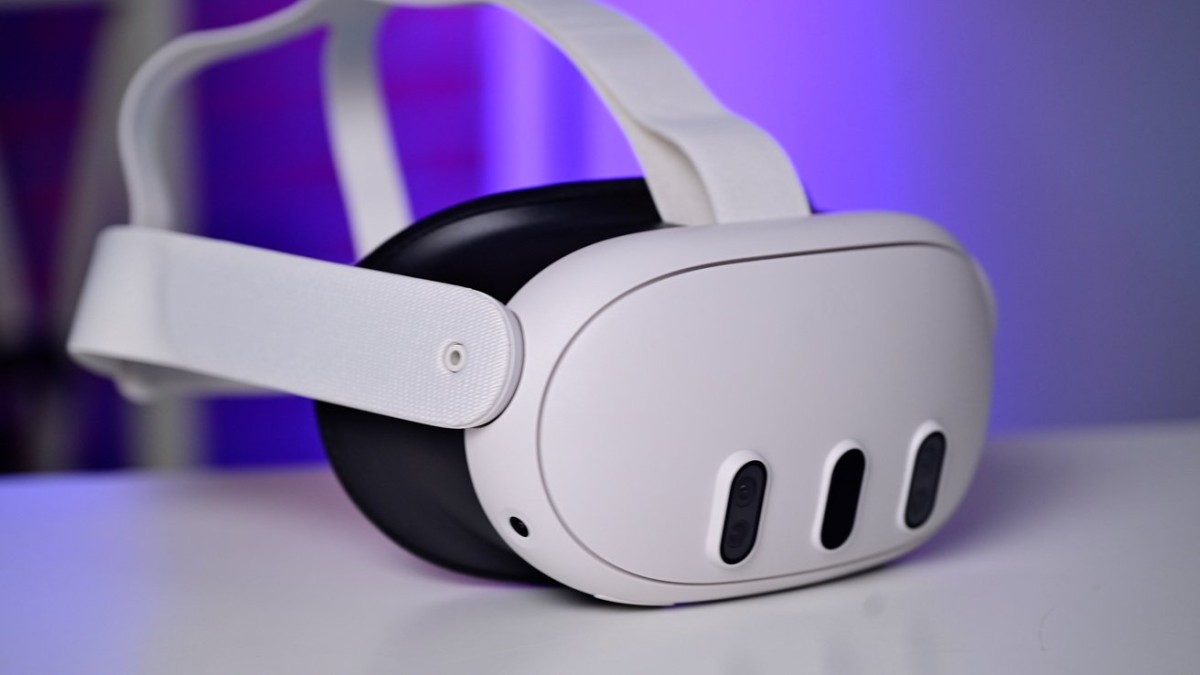In the wake of a comprehensive antitrust lawsuit filed by the US Department of Justice (DOJ) against Apple on March 21, accusing the tech giant of monopolistic practices, fresh data has surfaced, offering insights into Apple's stronghold in the accessory market. The lawsuit alleges Apple of leveraging its market dominance to unfairly limit competitor capabilities, especially in the smartwatch sector, to maintain a monopolistic position.
A recent report from Consumer Intelligence Research Partners (CIRP) dated March 27, however, paints a picture of consumer preference playing a significant role in Apple's market share, particularly among iPhone users. The report indicates a robust inclination towards Apple-branded accessories, with over 80% of iPhone users who own a smartwatch or fitness tracker opting for the Apple Watch. Similarly, AirPods are the go-to choice for nearly two-thirds of iPhone users purchasing Bluetooth headsets.
This overwhelming preference for Apple accessories starkly contrasts with the less than 20% of Android users who select Samsung Bluetooth headsets, highlighting a possible loyalty towards Apple's ecosystem.
Apple defends its integrated product strategy as a means to enhance user experience, despite DOJ's criticism that it employs restrictive practices to maintain its market dominance. The DOJ argues that Apple's "Whac-A-Mole" approach of contractual rules and limitations enables the company to impose higher prices and fees while stifling competition.
Amid these allegations, questions arise regarding consumer loyalty to Apple. Is it the product alignment and seamless design that draw users in, or does Apple's ecosystem inherently limit choice, making it difficult for competing brands to penetrate the market? Although Apple's ecosystem is accused of limiting user options, its products maintain compatibility with Android devices, contrasting with Google and Samsung's decision to cease support for wearOS 4 on iPhones.
As the debate unfolds, the DOJ scrutinizes whether Apple's market dominance is a result of restricting consumer choices or genuine brand loyalty, underscored by a preference for device compatibility and integrated services.






